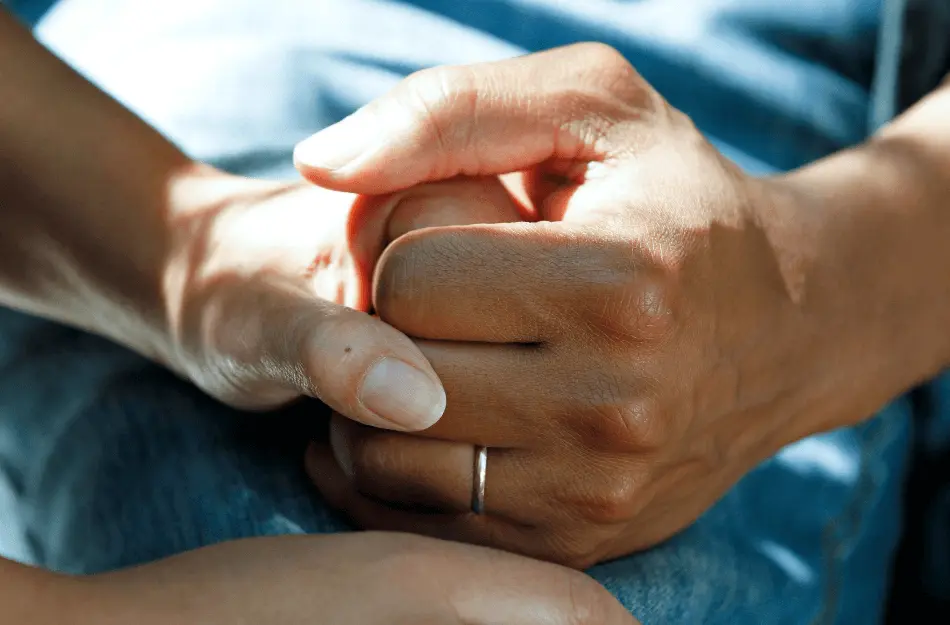As the number of individuals seeking mental health support in the United States increases, so too does the conversation surrounding it. Thankfully, our society is gaining greater understanding that mental health is health.
While all healthcare emergencies are dangerous to the individual experiencing them, the unpredictability of mental health crises can also put others at risk. This is especially the case for emergency department nurses, who are required to face this risk more and more.
Mary, an emergency department RN, recounts the difficulties of admitting mental health patients to the ED: “I’m not a psychiatric nurse. I have no special training to help combat the mental health patient arriving in a crisis state to the emergency department.”
As staffing continues to be a challenge in the healthcare space in the wake of COVID-19 and “The Great Resignation,” emergency department nurses are being asked to take on mental health crisis patient care – even if they are not trained in this space. Pre-COVID, nurses were able to “buddy up” for patient care situations that felt unsafe or unstable. Today, however, severe staffing shortages have made this layer of safety impossible to implement. As a result, many nurses are required to enter mental health patient care situations in which they do not feel safe or protected.
Their fears are not unfounded – a shocking 70% of emergency department nurses report having been assaulted while providing care. Fortunately, however, with the rise of virtual monitoring technology, war-torn caretakers no longer have to worry about going it alone.
As hospital systems across the country implement virtual monitoring systems like VirtuAlly, we’re seeing major increases in patient and caretaker safety while the healthcare industry continues to struggle with staffing shortages. The addition of two-way audio-visual systems provide an ever-present extra set of eyes so that healthcare providers always have someone watching their back. VirtuAlly stands out among the pack in this way, as our monitoring technicians are also trained in de-escalation tactics for the safety of the patients and staff.
Since the implementation of VirtuAlly within a major healthcare system in South Carolina, the hospital has seen a dramatic reduction in assaults on emergency department employees– up to 60% in areas where cameras are installed. Finally, RNs like Mary can re-focus on caring for their patients without fear of aggressive behavior.
“I know that if a patient becomes aggressive, I have a team dedicated to helping me around the clock.”
